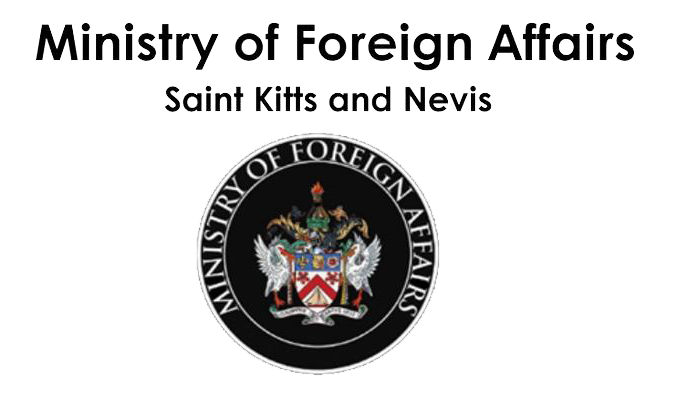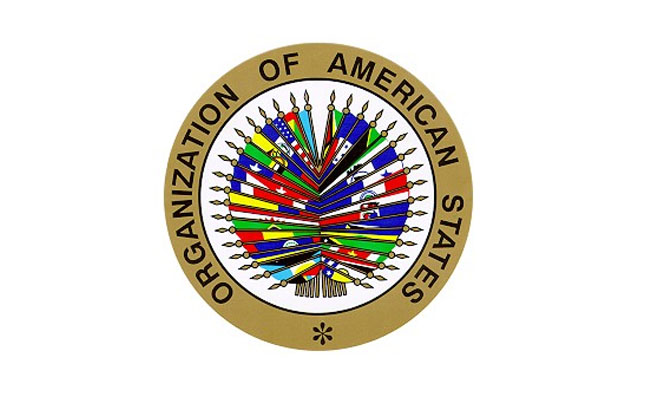- Do I need a visa to visit Saint Kitts and Nevis?
-
Please see this page
- How can I apply for a visa to visit Saint Kitts and Nevis?
-
To apply for a visa to visit Saint Kitts and Nevis, please visit this website.
- What is the currency in Saint Kitts and Nevis?
-
The currency of Saint Kitts and Nevis is the Eastern Caribbean Dollar (XCD), which is abbreviated as EC$. It is also commonly denoted by the symbol "$" or "EC$". The Eastern Caribbean Dollar is used not only in Saint Kitts and Nevis but also in several other countries in the Eastern Caribbean region, including Antigua and Barbuda, Dominica, Grenada, Saint Lucia, Saint Vincent and the Grenadines, and Montserrat.
- Is English widely spoken in Saint Kitts and Nevis?
-
Yes, English is widely spoken in Saint Kitts and Nevis. It is the official language of the country, used in government, education, business, and everyday communication. Visitors should have no trouble communicating in English while in Saint Kitts and Nevis.
- What vaccinations are required for traveling to Saint Kitts and Nevis?
-
As of my last update in January 2022, there are no specific vaccinations required for travelers visiting Saint Kitts and Nevis.
However, it's always a good idea to consult with a healthcare provider or travel medicine specialist well in advance of your trip to receive personalized recommendations based on your health status, travel itinerary, and any specific health risks.
Although no vaccinations are mandatory, some vaccinations may be recommended or considered depending on various factors such as your current immunization status, the duration of your stay, planned activities, and any potential health risks associated with the destination.
Common vaccinations that travelers to Saint Kitts and Nevis might consider include:
Routine Vaccinations: Ensure that you are up-to-date on routine vaccinations such as measles-mumps-rubella (MMR), diphtheria-tetanus-pertussis, varicella (chickenpox), polio, and influenza.
Hepatitis A: Recommended for most travelers, as hepatitis A can be contracted through contaminated food or water, regardless of the destination's sanitation standards.
Hepatitis B: Recommended for travelers who may have intimate contact with local residents, receive medical treatment, or engage in activities that may expose them to blood or body fluids.
Typhoid: Recommended for travelers who may consume food or water in areas with poor sanitation or hygiene practices.
Rabies: Considered for travelers who may have significant outdoor exposure, such as hiking, camping, or interacting closely with animals.
Yellow Fever: Yellow fever vaccination is not required for travelers arriving from most countries. However, it may be required if you are traveling from or through a yellow fever-endemic area.
Again, it's essential to consult with a healthcare provider or travel medicine specialist to receive personalized recommendations based on your individual health status and travel plans.
Additionally, ensure that you are up-to-date on routine vaccinations and follow general hygiene practices such as handwashing and food safety precautions to reduce the risk of contracting infectious diseases while traveling. - What is the weather like in Saint Kitts and Nevis throughout the year?
-
Saint Kitts and Nevis generally experience a tropical climate with warm temperatures year-round.
Here's an overview of the weather throughout the year:
Dry Season (December to April): This period typically sees less rainfall and lower humidity levels.
Temperatures range from around 25°C to 30°C (77°F to 86°F). It's considered the peak tourist season due to the pleasant weather conditions.
Wet Season (May to November): This period experiences higher humidity and increased rainfall, with the wettest months usually being September and October. Temperatures remain warm, ranging from approximately 25°C to 31°C (77°F to 88°F). Rain showers are common, often occurring in the afternoon or evening, but they are usually short-lived.
Hurricane Season (June to November): Saint Kitts and Nevis are located in the hurricane belt, so there is a risk of hurricanes or tropical storms during this period, particularly from August to October. It's essential for travelers to stay informed about weather updates and potential storm warnings during this time.
Overall, Saint Kitts and Nevis offer a warm and inviting climate year-round, making it a popular destination for beachgoers, outdoor enthusiasts, and those seeking a relaxing tropical getaway. However, travelers should be aware of the seasonal variations in weather patterns and the potential for tropical storms or hurricanes, especially during the wet season and hurricane season. - How can I contact the Ministry of Foreign Affairs in Saint Kitts and Nevis for further assistance?
-
You can contact the Ministry at (869) 467-1161 and/or email foreignaffairs@mofa.gov.kn.







